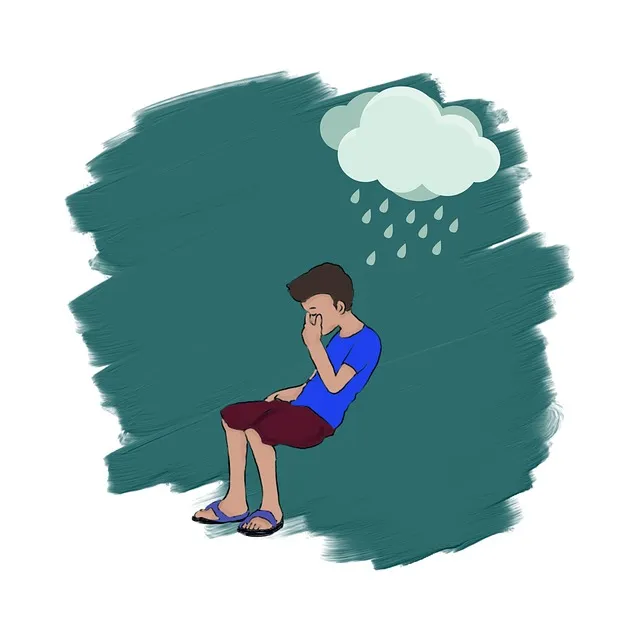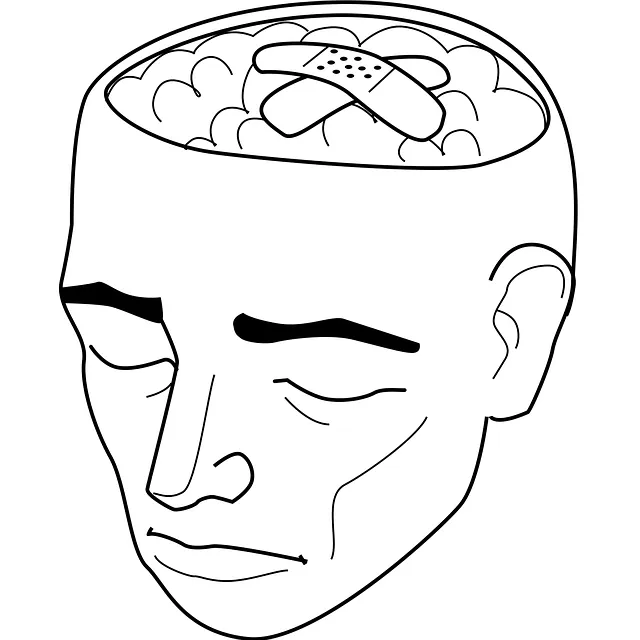Depression prevention emphasizes early intervention and awareness of symptoms like sadness, sleep disruptions, and fatigue. The Kaiser Permanente mental health center in Colorado Springs advocates for understanding personal triggers, ranging from traumatic events to genetic factors, through tailored support services. They promote lifestyle adjustments, including routine, self-care (meditation, journaling), physical activity, and relaxation techniques, as holistic strategies. Access to professional care, community resources, and advocacy groups is vital, with Kaiser Permanente mental health center reviews highlighting comprehensive services that include education on burnout prevention. Effective communication encourages proactive help-seeking, contributing to a healthier, more resilient population.
Depression is a prevalent yet complex condition, but prevention is achievable. This article explores comprehensive strategies to combat depression, focusing on insights from the Kaiser Permanente Mental Health Center Colorado Springs. We delve into recognizing early signs and triggers, emphasizing self-care through lifestyle adjustments. Additionally, we highlight professional support and community resources available in Colorado Springs, offering a multi-faceted approach to empower individuals on their path to recovery.
- Recognizing Depression and Its Triggers: A Review by Kaiser Permanente Mental Health Center Colorado Springs
- Lifestyle Adjustments for Prevention: From Routine to Self-Care Practices
- Professional Support and Community Resources: Empowering Recovery in Colorado Springs
Recognizing Depression and Its Triggers: A Review by Kaiser Permanente Mental Health Center Colorado Springs

Depression is a complex mental health condition that often requires early intervention to prevent severe and long-lasting effects on an individual’s life. Recognizing the signs and understanding personal triggers are vital steps in its prevention, as highlighted by Kaiser Permanente Mental Health Center Colorado Springs in their comprehensive review. The center emphasizes that identifying depression early can significantly enhance treatment outcomes and overall well-being.
This process begins with awareness; individuals must be educated about common symptoms such as persistent sadness, changes in appetite and sleep patterns, fatigue, difficulty concentrating, and feelings of worthlessness. Kaiser Permanente’s review also stresses the importance of addressing underlying triggers, which can vary widely from person to person. These may include traumatic life events, stress-related factors, genetic predisposition, or even certain medical conditions. By understanding these personal triggers, mental health professionals like those at Kaiser Permanente can provide tailored support, including Trauma Support Services and implement effective prevention strategies through a Risk Assessment for Mental Health Professionals, ultimately fostering a more comprehensive Mental Health Policy Analysis and Advocacy approach.
Lifestyle Adjustments for Prevention: From Routine to Self-Care Practices

Depression prevention strategies often begin with lifestyle adjustments that prioritize both routine and self-care practices. Establishing a consistent daily routine can provide structure and stability, which are foundational for emotional well-being promotion techniques. This includes setting regular sleep and wake times, incorporating physical activity into one’s schedule, and dedicating time for relaxation and hobbies. At the Kaiser Permanente mental health center reviews Colorado Springs, professionals emphasize the importance of these habits in stress reduction methods, as they can mitigate risk factors associated with depression.
Self-care practices complement routine adjustments by fostering a sense of mindfulness and cultural sensitivity in mental healthcare practice. Engaging in activities that nurture personal growth, cultivate creativity, and foster connections with others can significantly contribute to preventing depressive episodes. Incorporating techniques such as meditation, journaling, or spending time in nature can help manage stress levels and promote emotional resilience. By combining routine and self-care, individuals can create a holistic approach to mental health, drawing on the support of resources like the Kaiser Permanente mental health center reviews Colorado Springs to maintain their emotional balance.
Professional Support and Community Resources: Empowering Recovery in Colorado Springs

In Colorado Springs, access to professional support and community resources plays a pivotal role in depression prevention. Kaiser Permanente mental health center reviews consistently highlight their commitment to empowering recovery through comprehensive care services. These centers offer not just therapy but also education on burnout prevention, emphasizing the importance of early intervention and sustained support. The Mental Health Policy Analysis and Advocacy group actively works to ensure these services are accessible to all, advocating for policies that enhance community mental health resources.
Effective communication strategies are another key component integrated into these support systems. By fostering open dialogues about mental health, the community fosters a culture where individuals feel comfortable seeking help. This approach not only benefits those battling depression but also encourages proactive measures to prevent the onset of symptoms, ensuring a healthier and more resilient Colorado Springs population.
Depression prevention is a holistic process, and Colorado Springs residents have access to diverse resources. By recognizing symptoms and triggers through reviews like those offered by the Kaiser Permanente Mental Health Center, individuals can take proactive steps. Lifestyle adjustments, such as adopting healthy routines and self-care practices, play a significant role in mental well-being. Additionally, seeking professional support from local centers and utilizing community resources empowers individuals on their path to recovery. Integrating these strategies, as highlighted by the Kaiser Permanente mental health center reviews Colorado Springs, can lead to more effective depression prevention and improved overall mental health.






